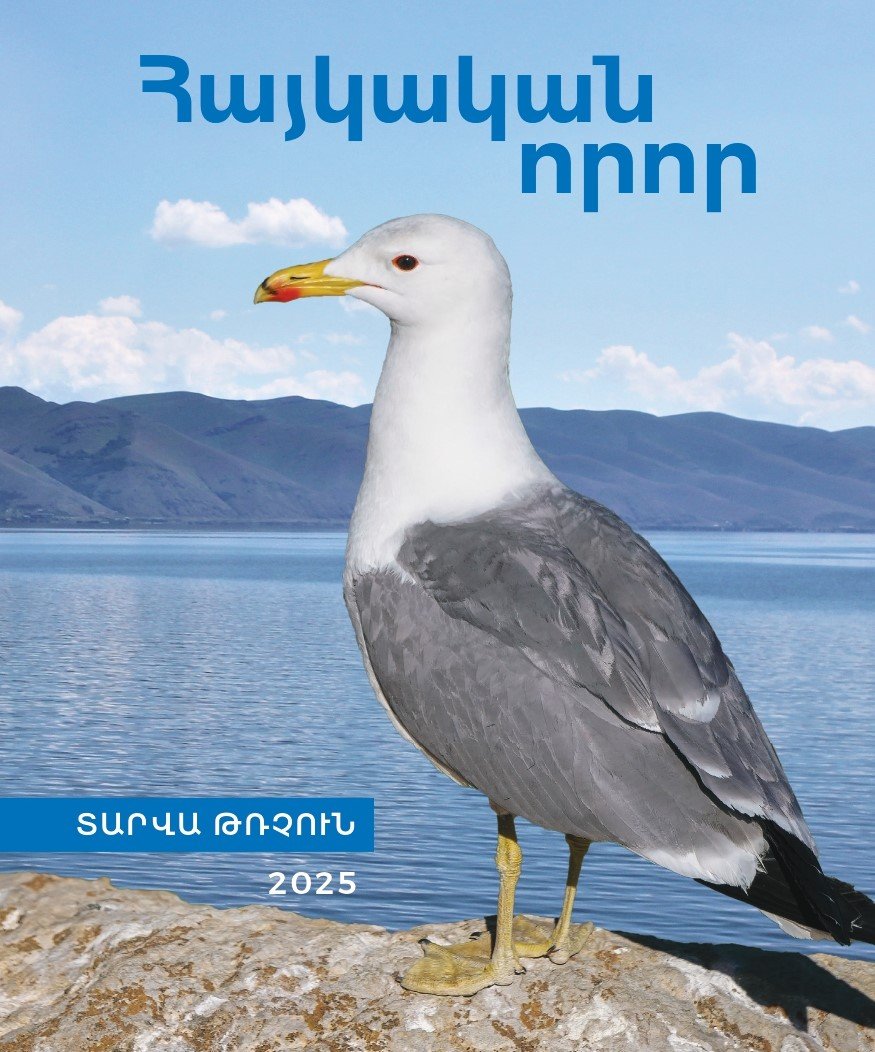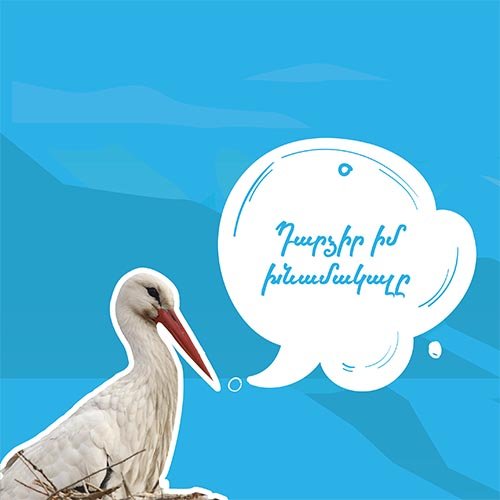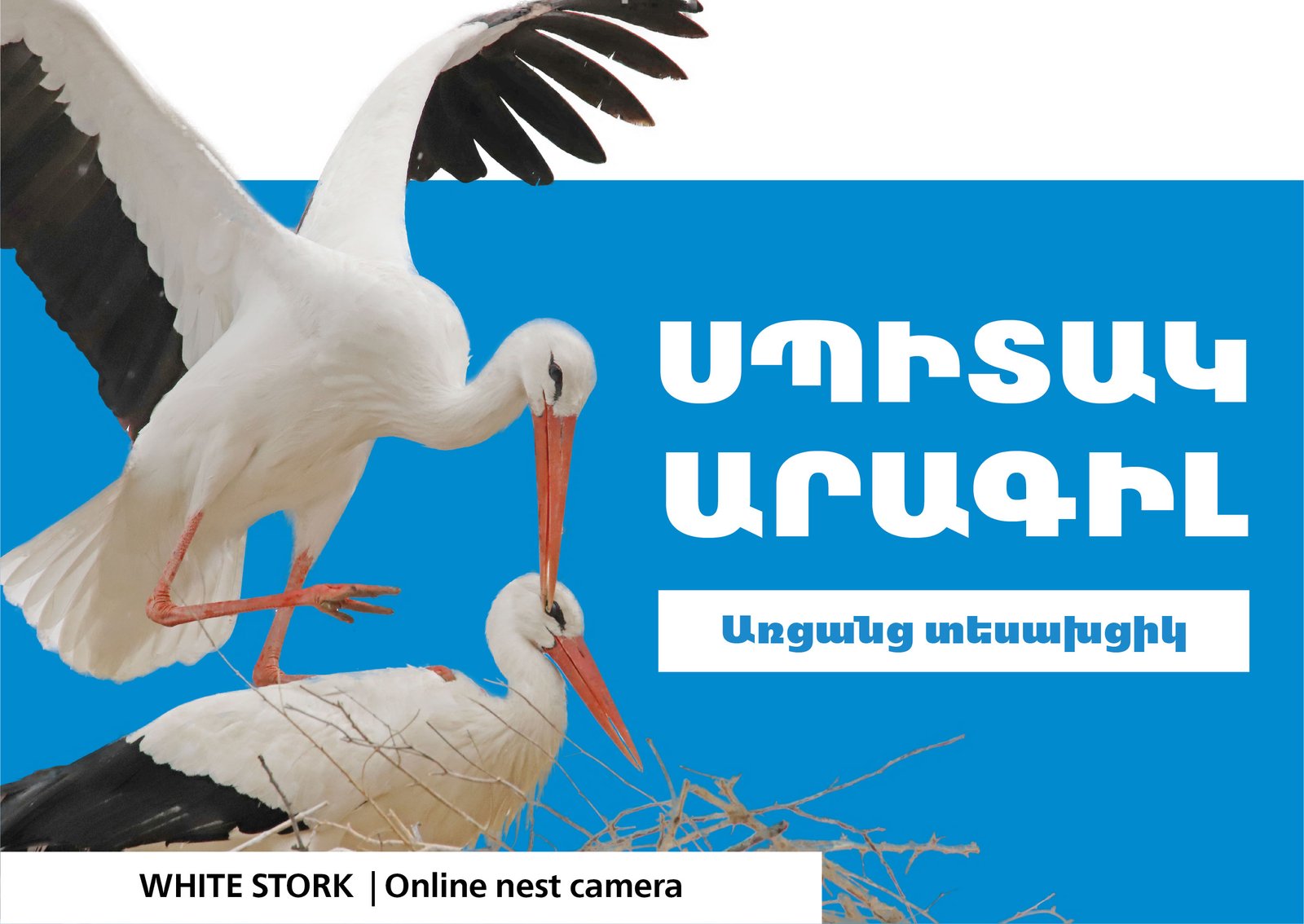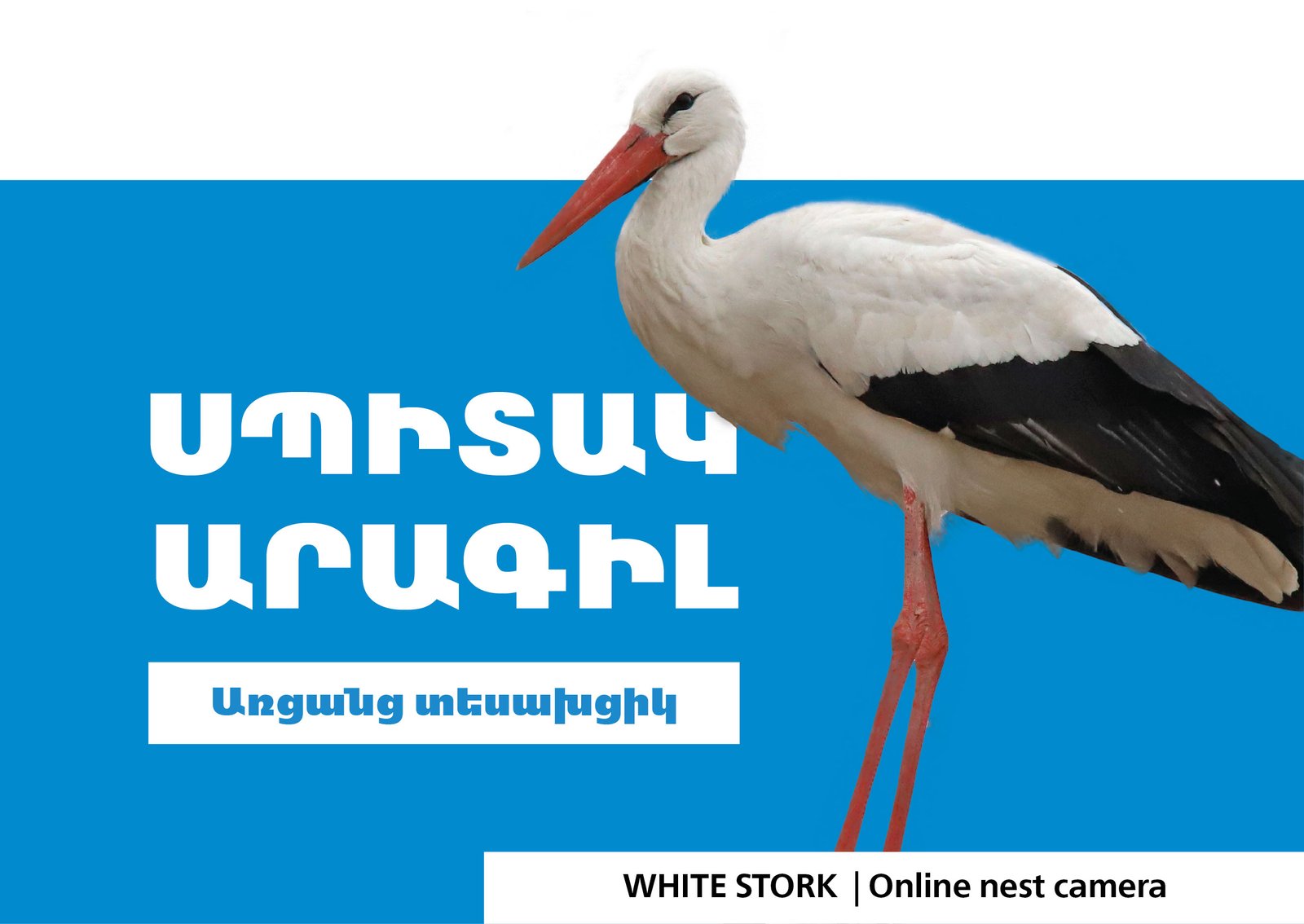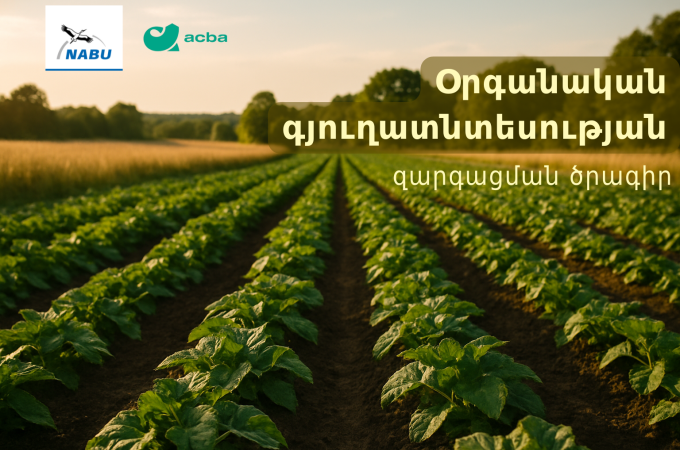
“Community-based Conservation and Adaptation to Climate Change in Syunik Region” is a two-year program.
The project is introduced by the German Nature Protection Union (NABU), and is implemented by the non-governmental organizations “Bezoar” and “Eco-Globe”, with the support of the Federal Ministry of Economic Cooperation and Development of Germany (BMZ).
The aim of the project is to strengthen the capabilities of the target group resources on land cultivation adapted to climate change, and to create opportunities for a sustainable income model without causing damage to nature. Thus, the objective of the project is to support the livelihood of the population in the 36 mountainous villages of Syunik region that are included in the project.
The names of 36 villages in Syunik region included in this program are: Aghitu, Akhlatyan, Ashotavan, Balak, Bnunis, Dastakert, Darbas, Getatagh, Gorayk, Halidzor, Harzhis, Hatsavan, Iskhanasar, Khot, Lor, Ltsen, Mutsk, Nzhdeh, Noravan, Shaghat, Salvard, Sarnakunk, Shamb, Shenatagh, Spandaryan, Tasik, Tatev, Tolors, Torunik, Tsghuk, Uyts, Vaghatin, Vorotnavan, Svaranats, Aghvani, Tandzaver.
The program consists of two parts: the first part is aimed at developing skills, environmental education, climate adaptation and resource management in communities, and the second one is aimed at obtaining alternative sustainable incomes for small farms.
Within the framework of the 1st part of the program, it is planned:
- to conduct a study of the land biodiversity and GIS (Geographic Information System) analysis in the communities involved in the program.
- to organize consultations on adaptation to climate change and resource management, model activities for the protection of resources, and comprehensive study-sessions for the interested parties.
- to develop special proposals on the use of natural resources for the 36 villages involved in the program, as well as to establish NGOs in the target villages for the ecology and sustainable resource management purposes. Also, study the ‘man-wildlife’ conflict and implement model programs for the most problematic areas.
Within the framework of the 2nd part of the program, it is planned:
- to establish cooperatives in the target villages, for the purpose to more effectively introduce household products and services to the consumers who are not related to individual households. And in this way improve the locals access to the market infrastructure.
- to organize a contest of ideas, for the purpose to include them in projects aimed at maintenance of resources, such as, development of tourism, plant harvesting in the wild, development of organic agriculture, handicrafts, etc.







